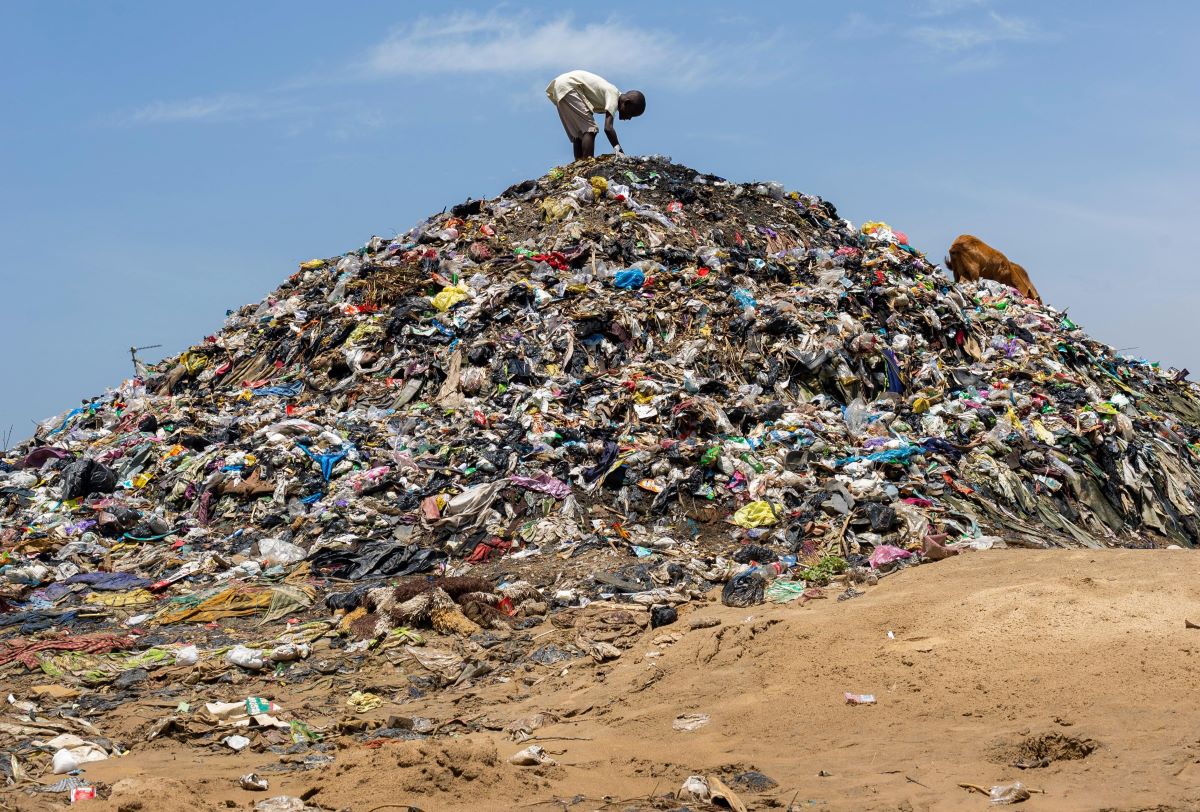We know you’re guilty of these eco-offenses—many of us are. But recognizing them is the first step to making better choices. Here are 19 shocking examples of how not to be eco-friendly.
1. Using Single-Use Plastics
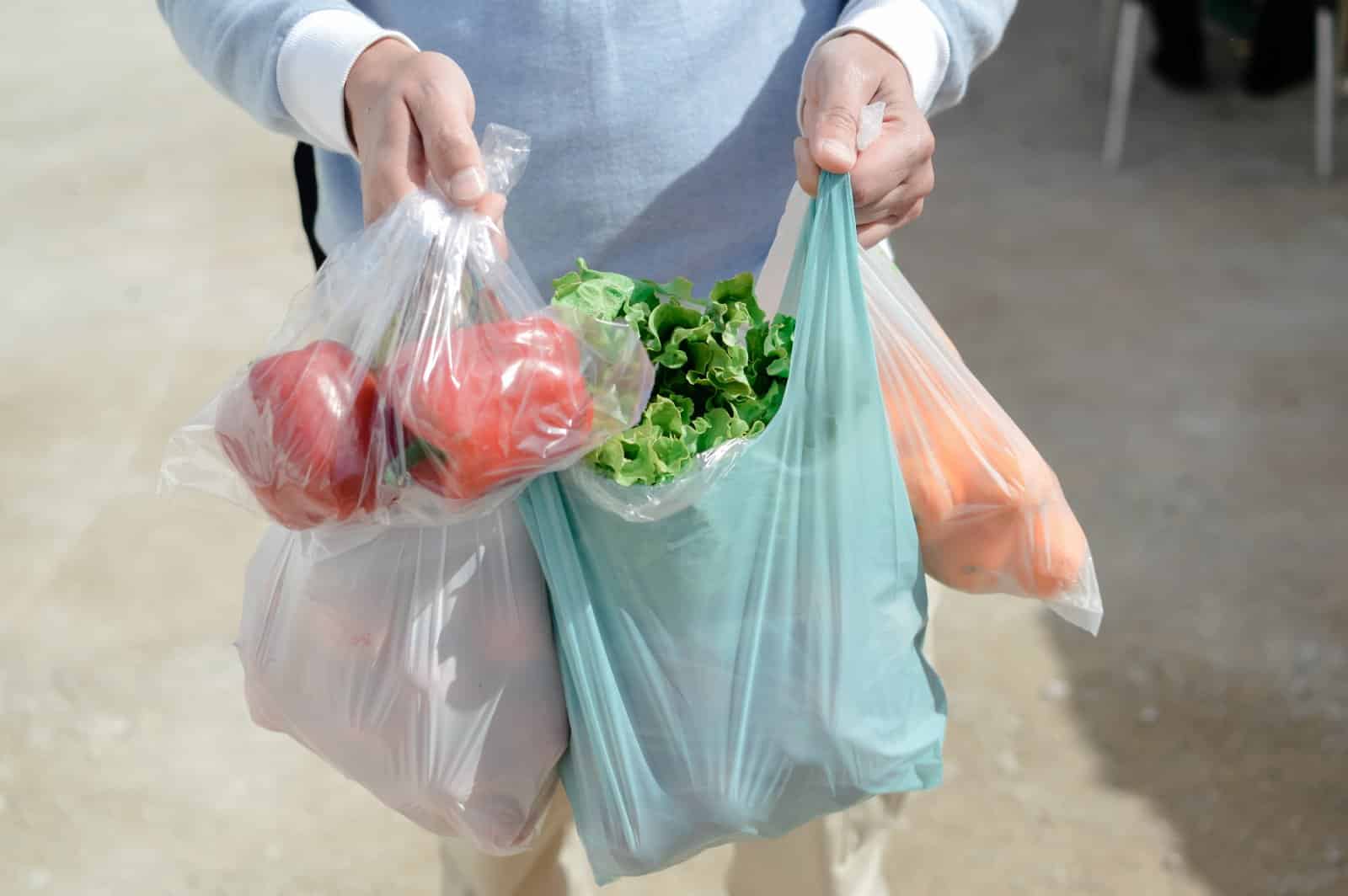
You know those plastic bags, straws, and cutlery you grab out of convenience? They’re among the worst offenders for polluting our oceans and landfills.
2. Leaving Electronics Plugged In

Leaving chargers and devices plugged in even when they’re not in use wastes a surprising amount of energy. It’s time to start unplugging.
3. Excessive Water Usage

Long showers, leaving the tap running while brushing your teeth, and overwatering your lawn contribute to water wastage. Every drop counts.
4. Driving Short Distances

Driving instead of walking or biking for short trips not only wastes gas but also contributes to unnecessary CO2 emissions. Those short drives add up.
5. Ignoring Recycling

Throwing recyclables in the trash because it’s easier? This lazy habit keeps recyclable materials from being reused and increases landfill waste.
6. Using Non-Energy Efficient Appliances
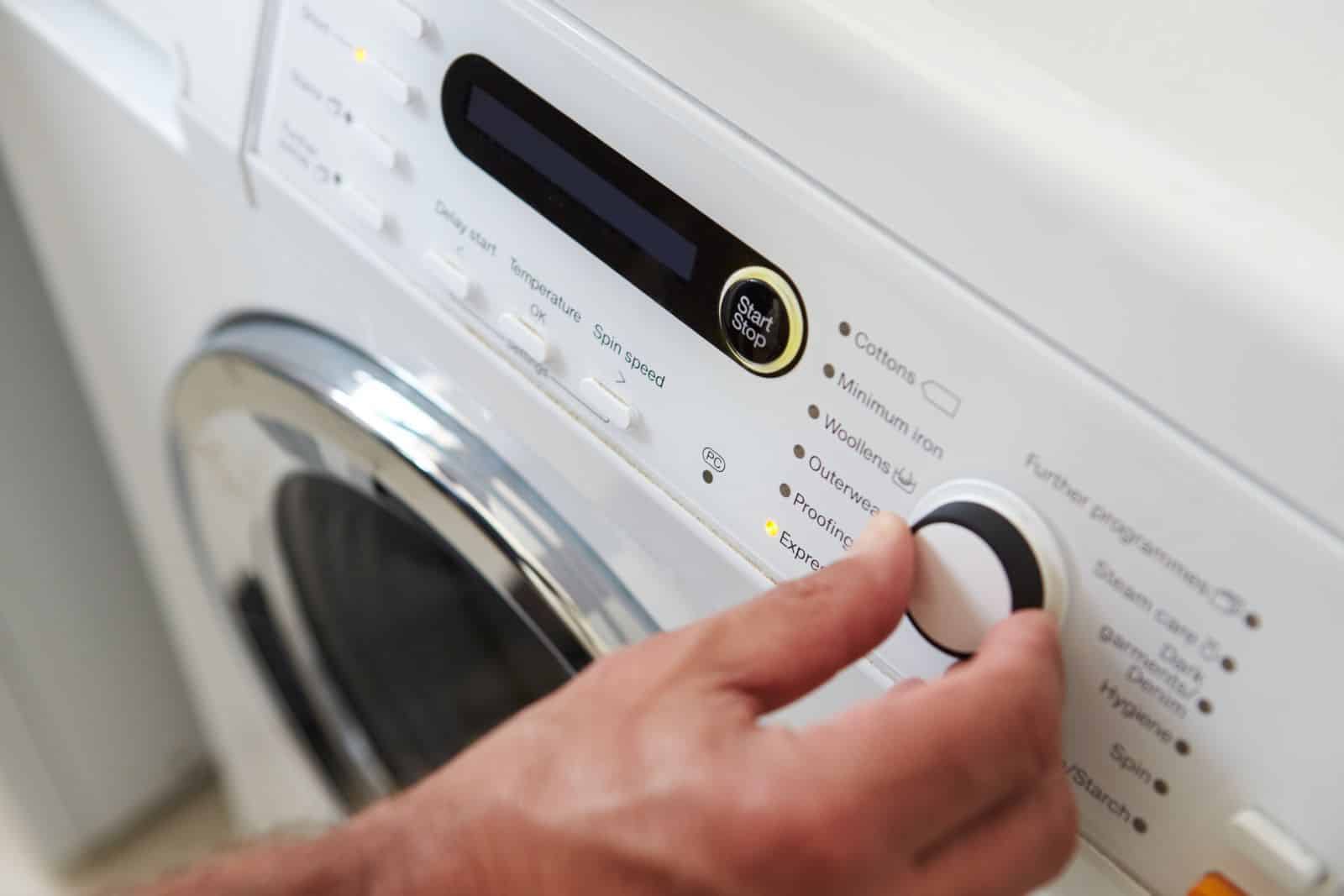
Still using that old fridge or outdated washing machine? Older appliances use much more energy than newer, energy-efficient models.
7. Wasting Food
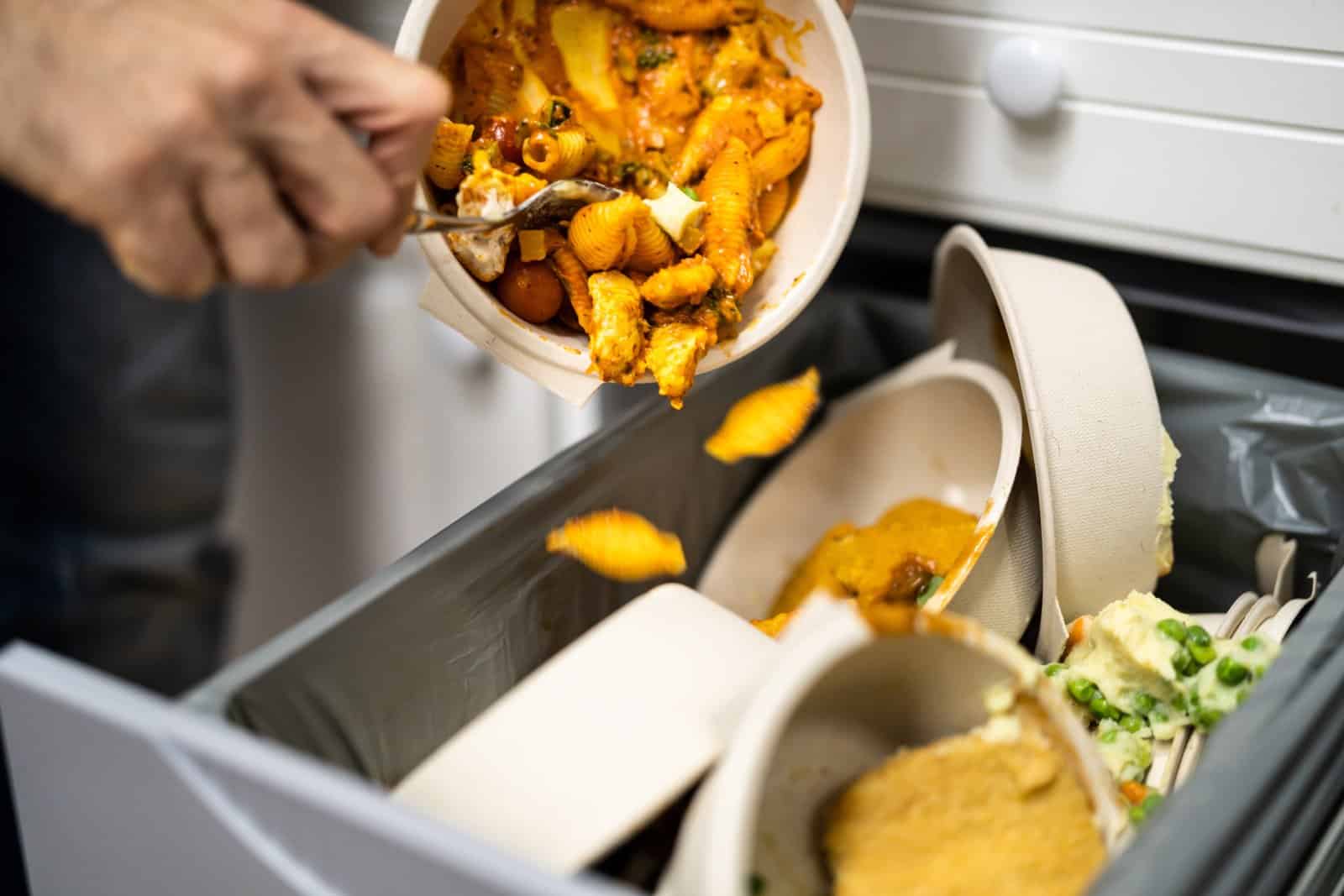
Throwing out food because you overbought or didn’t feel like eating leftovers is a huge waste. Remember, food waste is a significant contributor to methane emissions.
8. Buying Fast Fashion

Fast fashion may be cheap, but it’s extremely harmful to the environment. Those trendy clothes come with a high environmental cost.
9. Using Chemical-Laden Products

Household cleaners, pesticides, and fertilizers loaded with chemicals harm the environment and your health. Natural alternatives are out there.
10. Ignoring Energy-Saving Habits

Not turning off lights when you leave a room or keeping the thermostat too high or low are easy habits to change that save energy and money.
11. Buying Bottled Water

Bottled water is not only expensive but also a major source of plastic waste. Invest in a good water filter and reusable bottles.
12. Disregarding Meat Consumption Impact

Consuming large amounts of meat, especially beef, has a massive environmental footprint. Cutting back can make a significant difference.
13. Disposing of Hazardous Waste Improperly

Throwing away batteries, electronics, and chemicals with regular trash contaminates the environment. Proper disposal is essential.
14. Overusing Paper Products

Excessive use of paper towels, napkins, and printer paper contributes to deforestation and waste. Switch to cloth alternatives and digital solutions.
15. Avoiding Carpooling or Public Transport

Driving solo instead of carpooling or using public transportation increases your carbon footprint. Sharing rides is an easy way to cut emissions.
16. Not Composting Organic Waste
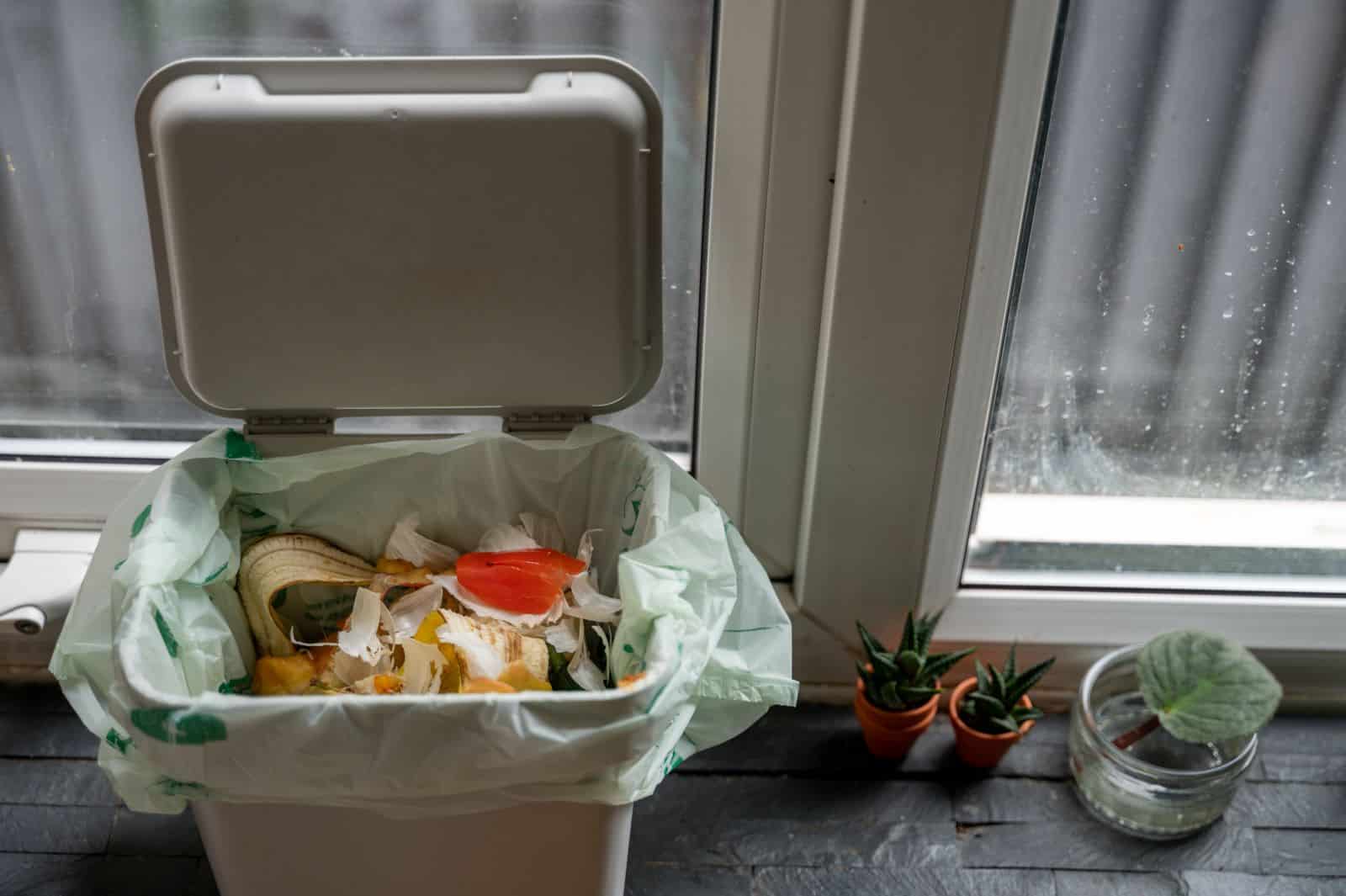
Throwing organic waste in the trash instead of composting adds to landfill mass and greenhouse gases. Composting returns nutrients to the soil.
17. Overheating or Overcooling Your Home

Keeping your home too warm in the winter or too cool in the summer wastes energy. Use a programmable thermostat to regulate temperatures more efficiently.
18. Disregarding Renewable Energy Options
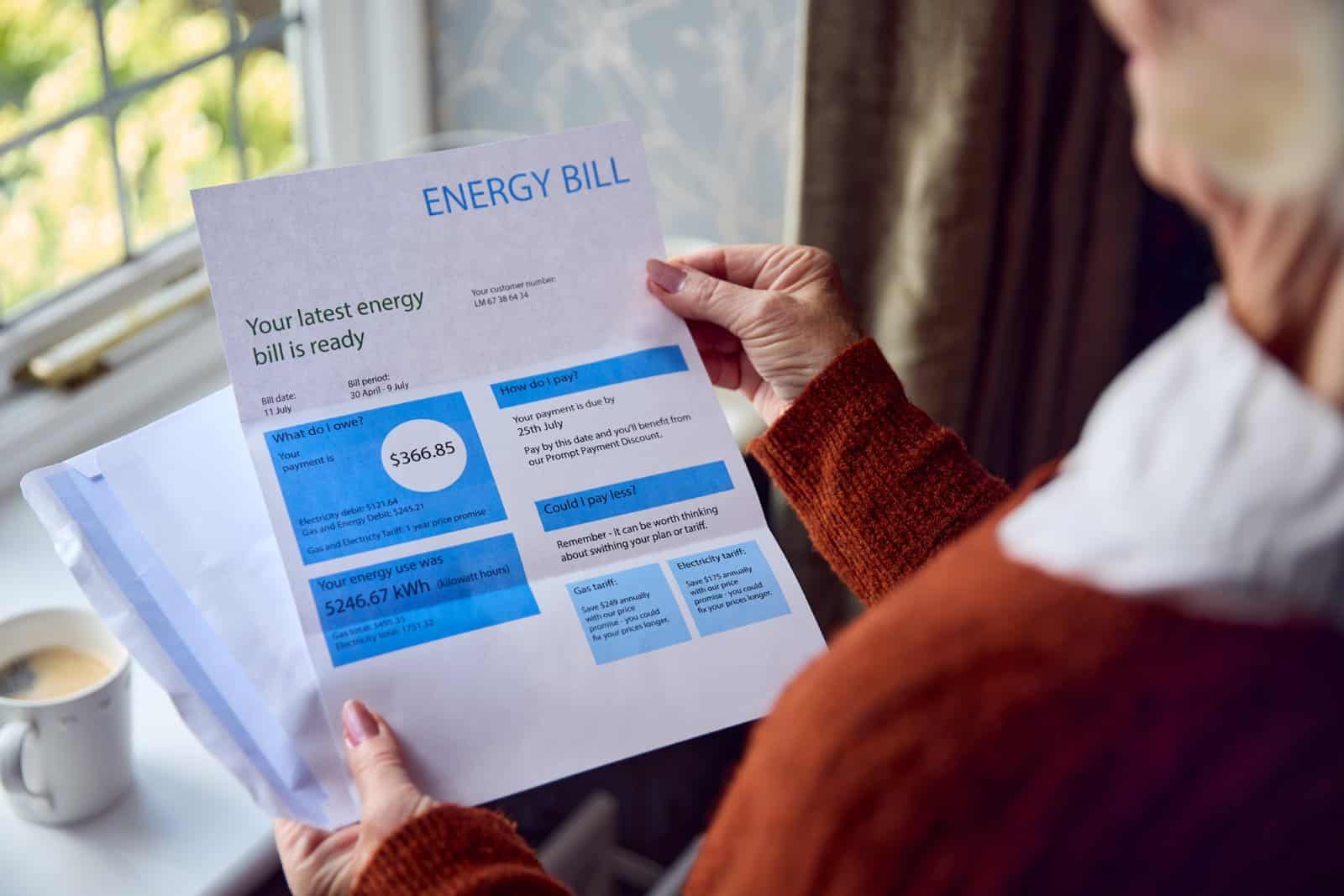
Sticking to traditional energy sources when you have the option to switch to renewable energy, like solar or wind, is a missed opportunity for sustainability.
19. Neglecting to Educate Yourself

Ignoring information and refusing to educate yourself about sustainable practices keeps you from making informed decisions that benefit the environment.
Time to Reflect and Change

We’ve all been guilty of these eco-unfriendly habits at some point. Acknowledging them is the first step towards making positive changes. By adjusting these behaviors, we can collectively make a significant impact on the health of our planet. Let’s start today and strive to be more eco-conscious in our daily lives.
Remote No More: 19 Companies Returning to the Office

As the pandemic wanes, companies are recalling remote workers back to the office, sparking debates on fairness, costs, and convenience. However, there are also notable productivity, coworking, and mental health benefits to consider. Feeling the effects of these changes? Remote No More: 19 Companies Returning to the Office
8 Costco Must Buys and 8 to Leave Behind

Ever wandered Costco’s aisles, questioning if that giant jar of pickles is a real bargain? Or debated buying tires where you get your rotisserie chicken? Welcome to the definitive guide to Costco shopping—a journey to save money, prevent regrets, and offer quirky insights into bulk buying. 8 Costco Must Buys and 8 to Leave Behind
23 Reasons Texas Is the Next Big Thing

Texas is becoming a beacon of opportunity, blending cultural heritage with economic growth. From its landscapes to its industries, the Lone Star State offers a dynamic lifestyle. Here are 23 reasons why Texas stands out, attracting entrepreneurs, artists, tech professionals, and families seeking new beginnings. 23 Reasons Texas Is the Next Big Thing
The post 19 Shocking Examples of How Not to Be Eco-Friendly first appeared on Career Step Up.
Featured Image Credit: Pexels / Achor Uteno.
The content of this article is for informational purposes only and does not constitute or replace professional financial advice.
For transparency, this content was partly developed with AI assistance and carefully curated by an experienced editor to be informative and ensure accuracy.

